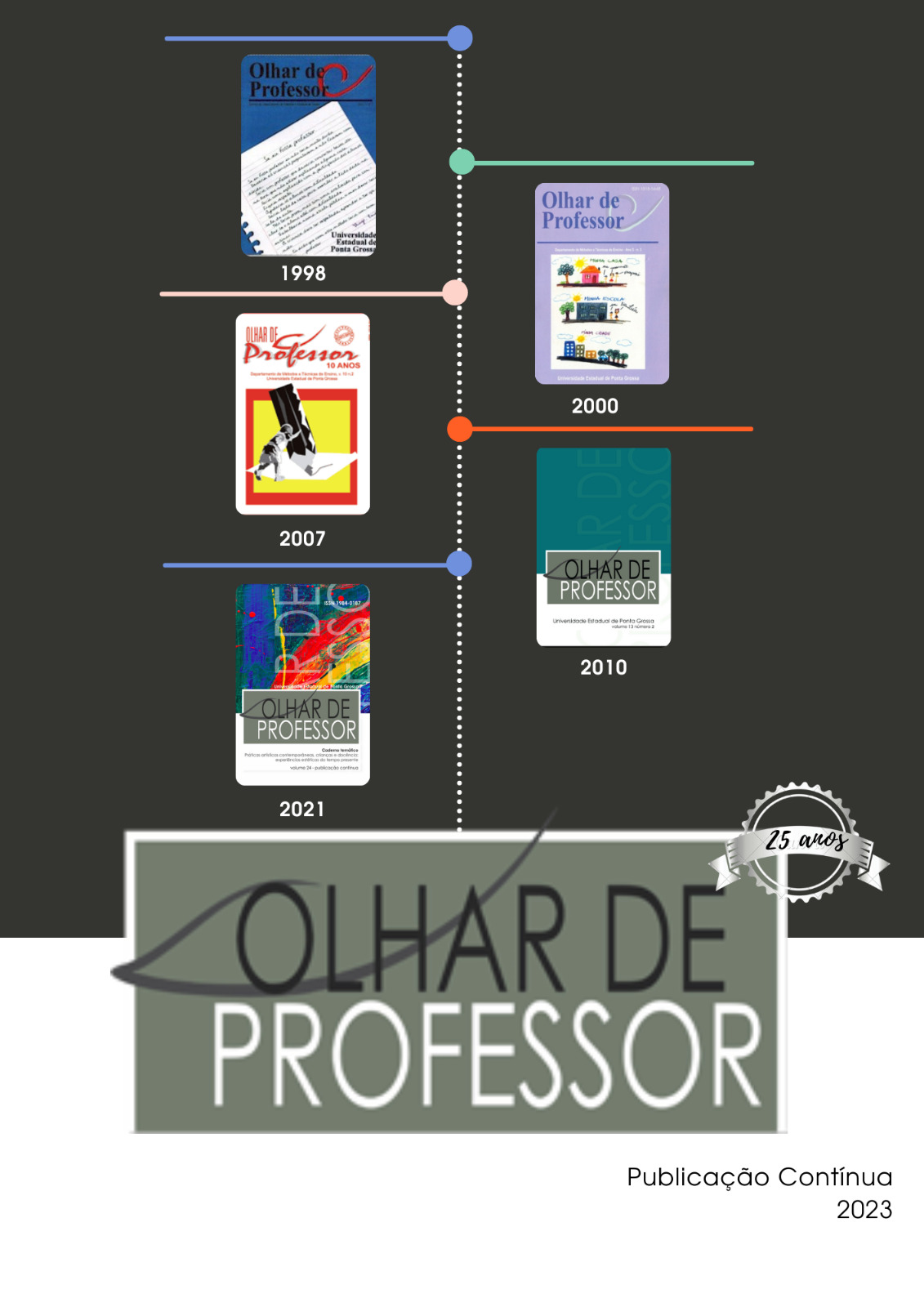The production of educational videos as a challenge in teacher training – report of an experience
Main Article Content
Abstract
In a digital era where the challenges to innovation in teacher education are evident, the aim of this article is to identify and develop different learning strategies and skills development. In the scope of the Degree in Basic Education of a Portuguese university and of the course unit Didactics of Expressions and Communication, the students were challenged to produce, as a group, an educational video. Nine educational videos were produced, with the participation of 39 students between the ages of 20 and 39. At the end, an individual online questionnaire was applied, focused on understanding "how students perceive the formative potential of the video production task". The data show a generalized perception of the existence of aspects that enhance the production of educational videos as a teacher training tool and of the need for students to develop technological and pedagogical skills that allow them to identify, use and benefit from digital resources.
Downloads
Article Details

This work is licensed under a Creative Commons Attribution 4.0 International License.
Authors who publish in this journal agree with the following terms:
a) Authors keep the copyrights and concede the right of its first publication to the magazine. The work piece must be simultaneously licensed on the Creative Commons Attribution License which allows the paper sharing, and preserves both the author identity and the right of first publication to this magazine.
b) Authors are authorized to assume additional contracts separately, to not-exclusively distribution of the paper version published in this magazine (e.g.: publish in institutional repository or as a book chapter), with the author identity recognition and its first publication in this magazine.
c) Authors are permitted and stimulated to publish and distribute their papers online (e.g.: in institutional repository or on their personal webpage), considering it can generate productive alterations, as well as increase the impact and the quotations of the published paper.
d) This journal provides public access to all its content, as this allows a greater visibility and reach of published articles and reviews. For more information on this approach, visit the Public Knowledge Project, a project that developed this system to improve the academic and public quality of the research, distributing OJS as well as other software to support the publication system of public access to academic sources.
e) The names and e-mail addresses on this site will be used exclusively for the purposes of the journal and are not available for other purposes.

This work is licensed under a Creative Commons Attribution 4.0 International License.
References
AMADO, J. Relatório da unidade curricular – introdução à investigação qualitativa em educação. Provas de Agregação não publicadas. Coimbra: Universidade de Coimbra, 2009.
AUSUBEL, D. P. The nature of meaning and meaningful learning. In: AUSUBEL, D.P. The Acquisition and Retention of Knowledge: a cognitive view. Dordrecht: Springer, 2000. DOI: https://doi.org/10.1007/978-94-015-9454-7_4
BERK, R. A. Multimedia teaching with video clips: TV, movies, YouTube, and mtvU in the college classroom. International Journal of Technology in Teaching and Learning, [s.l.], v. 5, n. 1, p. 1-29, 2009.
BIGGS, J. Teaching for quality learning at university: what the student does. Buckingham: Open University Press, 1999.
CARAPETO, C.; FONSECA, F. Administração pública: modernização e inovação. Lisboa: Edições Sílabo, 2014.
COLL, C., MARTÍN, E., MAURI, T., MIRAS, M., ONRUBIA, J., SOLÉ, I., & ZABALA, A. O construtivismo na sala de aula: novas perspectivas para a acção pedagógica. Porto: ASA Editores, 2001.
DONNAY, J., ROMAINVILLE, M. (Eds.). Enseigner à l'université: un métier qui s'apprend?. Bruxelles: De Boeck Université, 1996.
GOETSH, D.; DAVIS, S. Quality Management for organizational excellence: introduction to total quality management. 6. ed. USA: Pearson, 2014.
KARPPINEN, P. Meaningful learning with digital and online videos: theoretical perspectives. AACE Review, v.13, n. 3, p. 233-250. Norfolk, abr. 18. Disponível em: https://www.learntechlib.org/primary/p/6021/. Acesso em 15 de dezembro de 2021.
MAHON, P.; CROTTY, Y. Coming to “grips” with educational video production. Nursing made Incredibly Easy!, vol. 18, n. 5, p. 6-10, 2020. DOI: https://doi.org/10.1097/01.NME.0000694204.42621.8e
MYLLYMÄKI, M.; HAKALA, I.; HARMANMAA, T. A new way to produce video-based learning Material. v. 1, n. 9, 2018. DOI: https://doi.org/10.1109/EAEEIE.2018.8534243
OECD. Quality and teaching: a partnership with a future. 2009. Disponível em http://www.oecd.org/dataoecd/36/50/42492790.pdf. Acesso em 15 de dezembro de 2021.
OKOPNYI, P.; JUHLIN, O.; GURIBYE, F. Unpacking editorial agreements in collaborative video production. Barcelona: ACM, 2020.
PACHECO, J. (Org.). Componentes do processo de desenvolvimento do currículo. Braga: Livraria Minho, 1999.
PRENSKY, M. How to teach with technology: keeping both teachers and students comfortable in an era of exponential change. Emerging Technologies for Learning, [sl.l.], v. 2, p. 40-46, 2007.
SNELSON, Ch. Video production in content-area pedagogy: a scoping study of the research literature, Learning, Media and Technology, 43:3, pp. 294-306, 2018. DOI: https://doi.org/10.1080/17439884.2018.1504788
UNIVERSIDADE DE AVEIRO. Guião da unidade curricular – didática das expressões e comunicação. Departamento de Educação e Psicologia, Licenciatura em Educação Básica: Universidade de Aveiro, 2020.
WINSLETT, G. What counts as educational video? working toward best practice alignment between video production approaches and outcomes. Australasian Journal of Educational Technology, v. 30, n. 5, p. 487–502, 2014. DOI: https://doi.org/10. 14742/ajet.458





